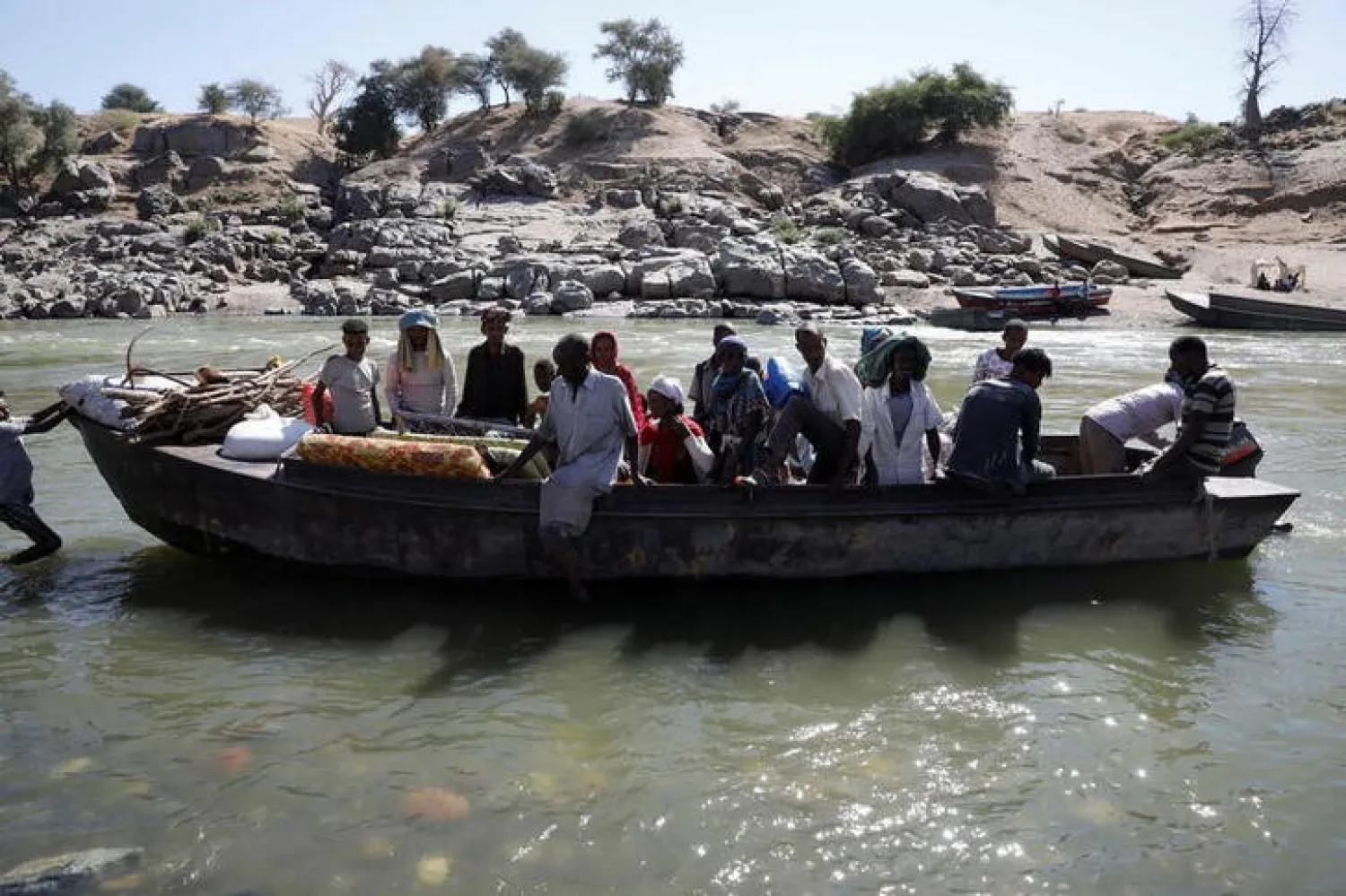The Sudanese army downed an Ethiopian reconnaissance unmanned aerial vehicle (UAV) over the territory near the border at al-Fashqa, according to Sudanese sources.
Other sources confirmed that the army was able to control the Ethiopian drone that crossed its airspace. Authorities in both countries did not comment on the incident.
Several social media accounts posted pictures of Sudanese officers and soldiers near the drone, which they claim is Ethiopian.
Relations have been soured by disputes over al-Fashqa, an area of fertile land settled by Ethiopian farmers that Sudan says is on its side of a border demarcated at the start of the 20th century, which Ethiopia rejects.
The Sudanese army did not provide any official details about the nature of its operations in al-Fashqa. However, the head of the Sovereign Council, Abdel Fattah al-Burhan, announced last week that 84 soldiers had been killed during the operations to recover and defend the region.
The Ethiopian militias, supported by the federal army, took control of al-Fashaqa, stretching over 600 square kilometers of highly fertile agricultural land.
Ethiopia recognizes Sudanese sovereignty over the agricultural area but has not taken practical steps to demarcate the border, allowing Ethiopian farmers to cultivate the area and provide protection.
Earlier this week, Burhan addressed soldiers in the Darfur region, saying the armed forces are fully prepared to protect its borders, adding that they will remain in Fashaqa to respond to any aggression targeting Sudanese territory.
According to the 1902 internationally recognized border demarcation agreement, Fashqa is within the Sudanese borders.
After the attempted assassination of former Egyptian President Hosni Mubarak, accused of masterminding the regime of ousted Sudanese President Omar al-Bashir, the militias backed by Addis Ababa invaded and took control of Fashqa.
A joint border committee was formed between the two countries, during which Ethiopia recognized Sudan’s sovereignty over the lands. However, it procrastinated identifying the border markers until it announced it did not accept the borders of 1902.
Sudan rejects Ethiopia’s claims and is backed by international charters.









